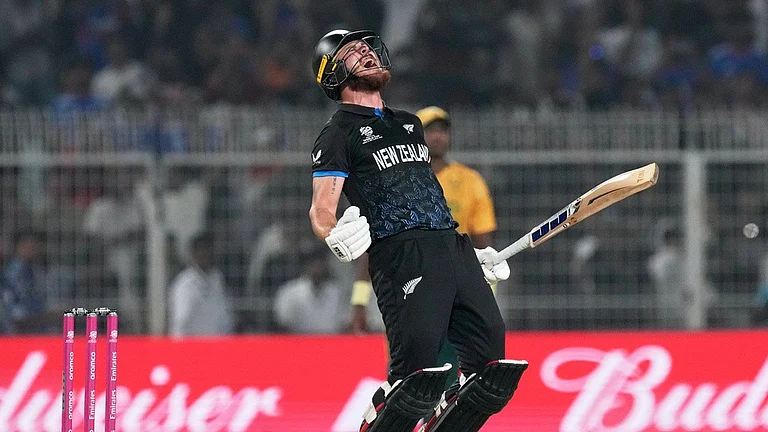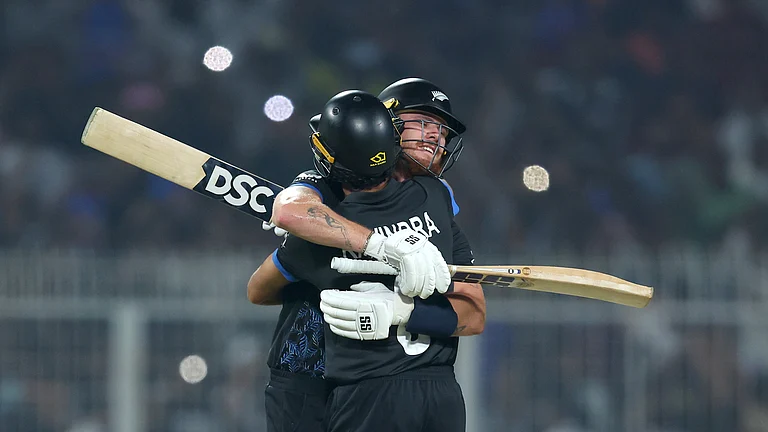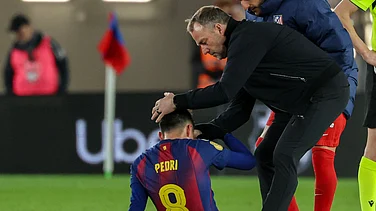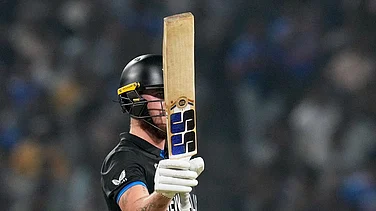The African continent is undeniably rich in football talent. Transactions between African grassroots football and European football clubs have been a regular occurrence for a few decades. (More Football News)
From Zimbabwe’s Bruce Grobbelaar ending up at Liverpool during the 1980s to Ivory Coast’s Didier Drogba ruling Stamford Bridge in the Noughties, a lot of talent from Africa sailed the seas and reached the pinnacle of their careers in Europe.
Seldom does talent make a direct jump from their local African clubs and academies to the elite clubs of Europe. It usually is a rigorous cycle, driven by money and ruthlessness, that sees promising young African talents undergo trials and get scouted by some of the finest football eyes sent to the continent by smaller European clubs.
The players then arrive at these smaller European clubs, after which they are fine-tuned and developed into more complete players. That is when the big fishes of Europe snatch them away. At a big price, of course. So it’s not that the players are always victims.
Clubs have well-developed technologies, and scouting and agent networks, to spot future trophy winners and merchandise movers, who would otherwise go under the radar. Cash is king and the European clubs have all the financial resources to inject money in acquisition process. In return, they hope that one of the players they have betted on will rise to the top and become an asset for the club. And then, either they can utilize the player’s popularity to elevate the club’s income, or simply make a mega sale to a bigger club.
Some clubs in particular have well-established systems in African countries to pick the best talent. One such club is Red Bull Salzburg, who have connections in the Western African nation of Mali.
Everyone is aware of the Haalands and the Minaminos that RB Salzburg have produced, but they have also poured in resources and cultivated relationships in Mali.
Malian players like Amadou Haidara, Mohamed Camara, Douda Guindo, Sekou Koita, Mamdou Sangare and Nene Dorgeles are some of the talents picked up by RB Salzburg. The club’s role in this well-oiled system is clear – to pluck the most promising youngsters, give them the right incubation and then sell them to bigger European sides and generate significant profit.
Ligue 1’s FC Metz also have strong networks in Senegal and have unearthed talents like Kalidou Koulibaly, Ismaila Sarr, Sadio Mane and Diafra Sakho.
Metz work in tandem with Generation Foot, a Senegalese academy in Dakar. Every year, Generation Foot brings in 120 youngsters between the ages of 12 to 18 and provides them with allowances, food, stay and equipment.
LOSC Lille of France is another club that have a vast scouting network in Africa.
For decades, this conveyer belt has been established and everyone gets their fair share, with the involved parties rarely walking unhappy.
As long as the money keeps flowing in, the African talent wells will never run dry because the European clubs are able to provide things on a very fundamental level on a large scale that the local African academies might struggle to offer.
In parts of Africa where socio-economic disparities are widespread, football is seen as a binding agent, not to mention a path to a better life. This keeps the kids from going astray.
While some may argue that this model is exploitative in nature and is essentially taking away all the top talent of Africa away from the continent, it also secures the futures of the players and their families.





















